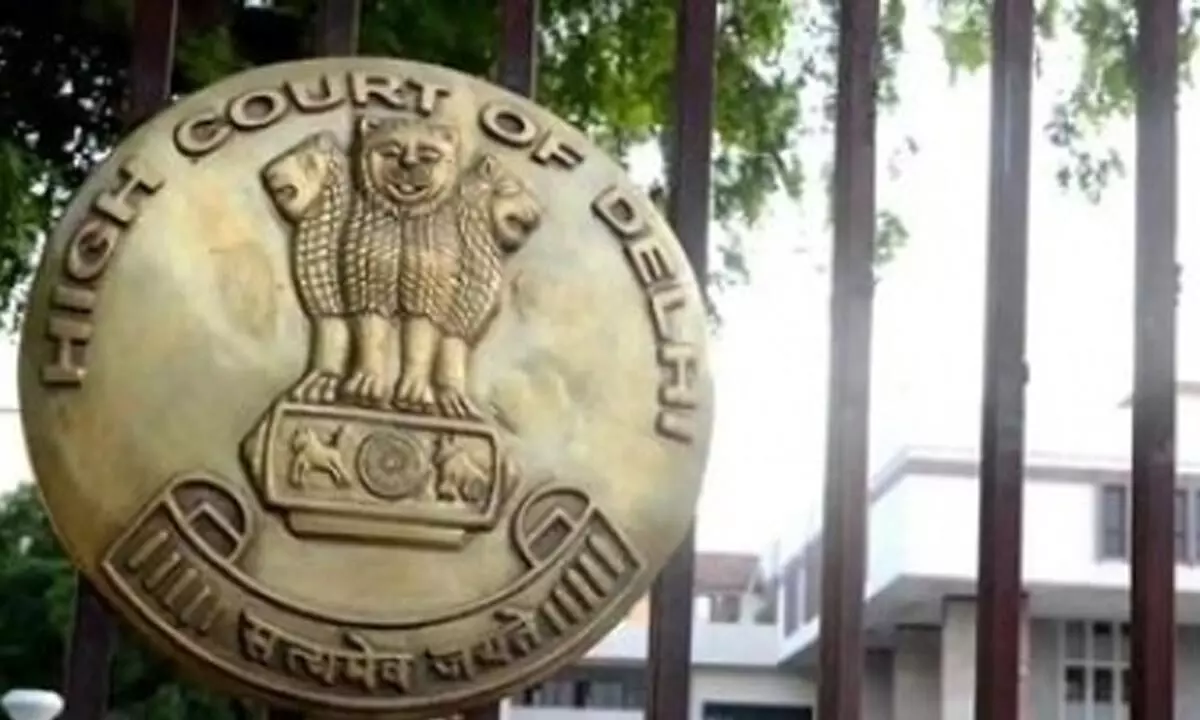Difficulty in collating information not valid ground for denying access to information under RTI Act: Delhi HC
Share :

Delhi High Court
The Delhi High Court has reaffirmed the principles of transparency enshrined in the Right to Information Act, 2005, stating that difficulty in collating information is not a valid ground for denying access to the information.
New Delhi: The Delhi High Court has reaffirmed the principles of transparency enshrined in the Right to Information Act, 2005, stating that difficulty in collating information is not a valid ground for denying access to the information.
Justice Subramonium Prasad said that public authorities cannot refuse information merely because it is not readily available in one place or would take time to compile.
The court said that the objective of the RTI Act is to promote transparency in government operations, and this objective cannot be undermined by the state government citing the voluminous nature of the information sought.
The case stemmed from an RTI application filed by Probhjot Singh Dhillon seeking details about disciplinary actions taken by the Delhi government's Education Department against teachers conducting private tuitions in the national capital.
The Central Information Commission (CIC) had directed the Delhi government to provide the requested information, noting the "cavalier attitude" of the Public Information Officer (PIO) in handling the application.
Rejecting the Delhi government's plea challenging the CIC's order, Justice Prasad said that disciplinary proceedings against teachers, whether in government or aided schools, must be disclosed to the public. He said that even if the information is not consolidated in one place, efforts must be made to collate and provide it to the applicant.
The court noted that information regarding penalties imposed on teachers for conducting private tuitions in both government and private schools should be accessible to the public. It stressed that the government must endeavour to gather and furnish the requested information.
Consequently, Justice Prasad directed the Delhi government to furnish the information sought by Dhillon regarding disciplinary actions against teachers in both government and private schools for conducting private tuitions.







